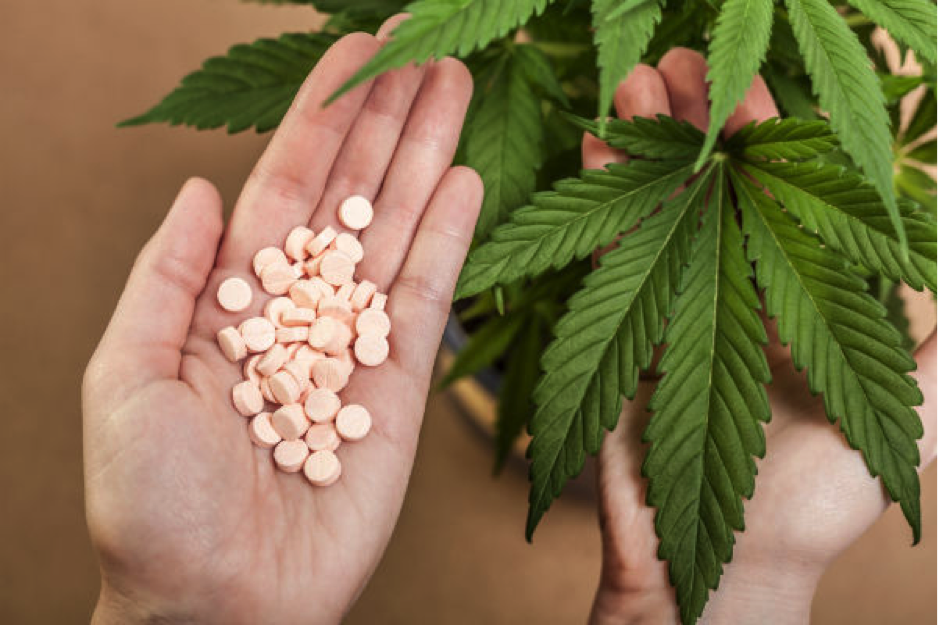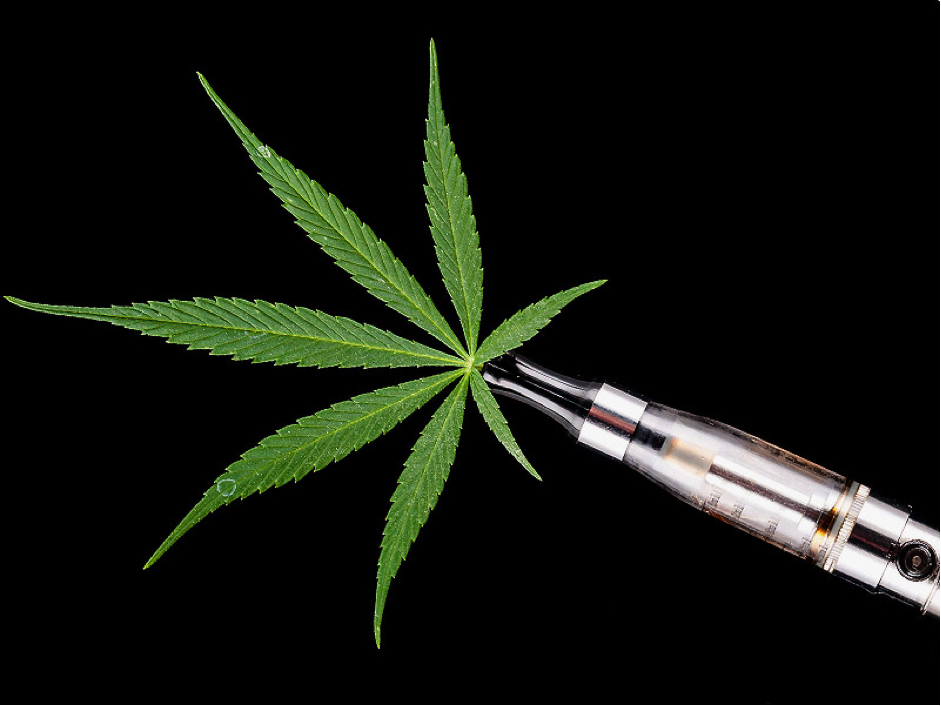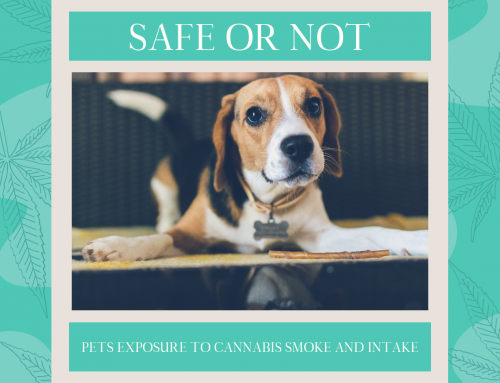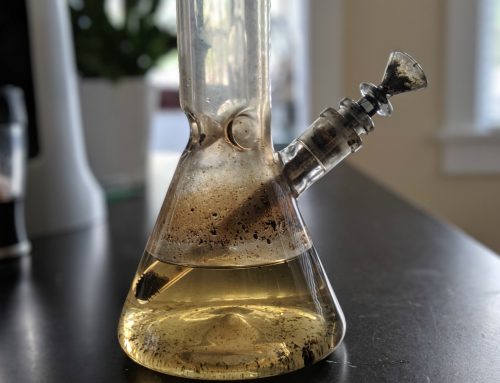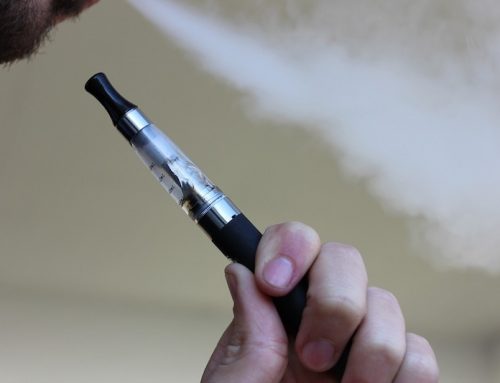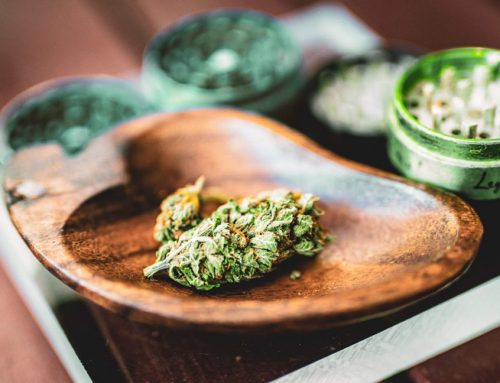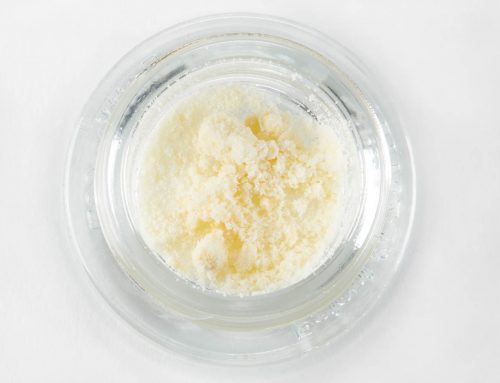Despite on-going efforts by local and national governments, the war on opioid addiction and abuse in the United States is failing. The statistics are no less than shocking – approximate 90 Americans die every single day from opioid overdoses. Various regions have experimented with the implementation of various measures and programs to help bring things under control, but none have to date met with any real success whatsoever.
As time goes by, evidence continues to grow with regard to the potential effectiveness of cannabis in the treatment of opioid addiction. Once again, the results of a new study have shown that among those actively attempting to combat addition to heroin and other opioids, cannabis can be uniquely helpful. The latest study saw researchers carry out an extensive review of prior studies, focusing specifically on opioid use rates in states where cannabis had been legalized.
What they found was a clear and important pattern – in states where cannabis was legal, there were fewer recorded opioid overdoses, fewer prescriptions written for opioid painkillers and fewer car fatalities that involved opioids than in states where cannabis had not been legalised.
CBD Could be Effective at Treating Addictions
The results of the study were published in the journal “trends in neuroscience” this week, which suggest that one specific cannabis compound – CBD – could represent an incredibly effective and safe treatment option for those battling opioid addiction. The misuse of opioid painkillers is the leading cause of individuals going on to use heroin – a common factor in more than 80% of cases.
Experts are unanimously calling for greater research into CBD and wider availability of the compound for medical use, with studies having comprehensively confirmed the compound as safe to use with minimal side effects. As it is not the compound in cannabis that gets you high – that being THC – it is extremely difficult to misuse and is even safe for use by children and the chronically ill. According to the authors of this particular study, the findings illustrate the urgent need for the development of new protocols, formulations and standards in general to bring CBD products into wider use.
Many regions across the United States are being hit harder by the opioid epidemic than others – one of which being the state of Massachusetts. When 22News carried out a series of interviews with local residents, they found that the opioid crisis is not only a growing concern across many communities, but that most simply do not have a clue how to begin dealing with the problem.
“It’s sad in every aspect, not just because it’s the highest, but because it’s happening to people you can look at,” said Alec Harnoise of Agawam.
2000 Massachusetts Residents Die in 2016
Official figures from the Massachusetts Department of Public Health suggest that approximately 2,000 residents of this one state alone died in 2016 due to opioid overdoses. This year, more than $170 million has been committed to a number of initiatives to help stem the tide of an accelerating problem.
Some of those interviewed stated that Massachusetts authorities should take a leaf or two from the books of other states, following their example when it comes to treatment and prevention.
“I think a lot of success was predicated on intervention, early intervention; you know, getting the level of education in terms of awareness, even at the early school level. Lots of aggressive treatment programs,” commented Ed Stewart of Enfield, Connecticut.
One of the proposed initiatives is to open a series of methadone clinics across various communities, which is provided in measured doses to help opioid addicts cope with the side effects of coming off the drugs. But while methadone may be a safer alternative to heroin, there are many who believe that methadone clinics in general do little to nothing to address the wider issue.
“They’re there before the doors even open of course because they’re waiting to get a fix, they aren’t waiting to get treatment. It hurts you as a whole because that could just as well enough be someone you love or care about,” Harnoise said.
Despite the fact that last year brought about a reduction in the number of recorded heroin deaths state-wide, official government figures note a significant increase in the number of fentanyl overdose deaths.
An Effective Alternative
One of the most important aspects of the subject experts are increasingly examining is that of whether or not efforts should be made to significantly reduce opioid painkiller prescription rates. Such drugs are routinely prescribed to those suffering from chronic pain and related conditions, of whom the vast majority do not descend into addiction or dependency. Nevertheless, a significant number of opioid addicts fell into addiction. Tens of thousands of people are losing their lives to opioid overdoses every single year, which is precisely why both chronic pain sufferers and healthcare professionals alike are exploring a wide variety of alternative treatment options.
One of which being medical cannabis itself.
Much of the current debate centres on exactly how effective cannabis can potentially be in helping those who are attempting to beat opioid addiction. At at the same time, others believe that the solution could lie with tackling the problem at its source, using medical cannabis for the treatment of chronic pain as an alternative to opioid painkillers.
One in Five Now Use MMJ for Pain Management
Recent studies have shown that somewhere in the region of one in every five chronic pain sufferers in the United States is now using medical cannabis in one form or another, as an alternative to other prescription painkillers. Research may be at a comparatively remedial level and it is of course true to say that each and every person will always react differently to every prescribed medication – cannabis included.
Nevertheless, the vast majority of recent studies have found that medical cannabis can be exceptionally effective in the treatment of chronic pain, neuropathic pain and a wide variety of other chronic conditions. As such, experts are calling for the wider use of medical cannabis and cannabis products in the treatment of chronic pain conditions, which would normally be treated with highly addictive and dangerous opioid painkillers.
“Given the safety profile of cannabis compared to opioids, cannabis appears to be far safer. However, if a patient is already using opioids, I would urge them not to make any drastic changes to their treatment protocol without close supervision by their physician,” commented Dr. Donald Abrams, a professor and Chief of Hematology/Oncology at San Francisco General Hospital.

